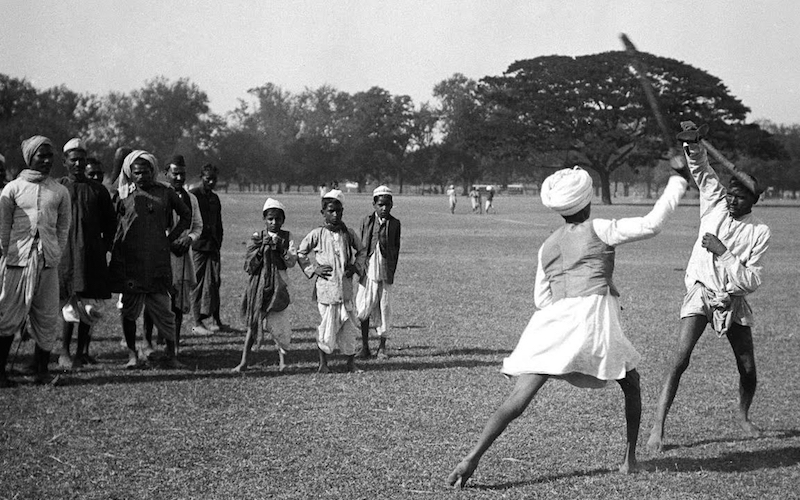
An Indian Perspective on UK Reparations
Shashi Tharoor, an Indian M.P, made the case for Britain to pay India reparations at a recent Oxford Union debate. With the video going viral, high praise followed from none other than the Indian Prime Minister Narendra Modi. Tharoor’s arguments have had the effect of re-igniting old debates about the nature and justness of Britain’s colonial endeavours in India, kindling old wounds that generated consensus across party lines. However, Akhilesh Pillalamarri (Assistant Editor at the National Interest) disagrees and argues that the United Kingdom does not owe India reparations.
In his view imperialism is not unique to Western nations as non-Western entities have promoted imperial projects as well. However, the other imperial projects Akhilesh refers to did not involve the systematic practices of acquiring, exploiting and expanding colonies sanctioned and supported by the body politic of democratic nation state.
It is this reason which rebuts most of Akhilesh’s points relating to the colonial endeavours of other non-European peoples and why claims for reparations are not made so stridently from an entire people for the actions of those they exercised little control over or moral responsibility.
No one contests Shashi Tharoor’s view that India’s share of the world economy when Britain arrived on its shores was 23% and dropped to below 4% by the time they departed. The reason was aptly noted by K.M Pannikar who commented that directing the Indian government from a distant land by an overwhelmingly foreign administrative apparatus rooted in India’s economic exploitation meant that India became a colonial territory governed in the interests of the foreign power. This reason itself becomes sufficient to prevent an equivocation with all the land borne rulers who entered & ruled India in the preceding ages.
It is the assertion that rural Indians barely lived above sustenance levels before the British Raj however that is the roughest to swallow. As Dadabhai Naoroji said, under the “native despot the people keep and enjoy what they produce, though at times they suffer some violence on the back. Under the British Indian despot the man is at peace, there is no violence; his substance is drained away, unseen, peaceably and subtly — he starves in peace, and peaceably perishes in peace, with law and order.” Pillalamarri admits that India’s GDP never expanded under the British Raj due to deliberate British policies but feels that this was somehow different from outright “looting.” Indeed the masterful manner in which sections of the populace were co-opted, others bullied and some outright suppressed under the Raj definitely deserves a better epithet than mere “looting.”
The painting of British colonial rule as being “relatively more peaceful and less rapacious than the actions of previous empires” by Akhilesh is best answered by the observations of the Grand Old Man of India: “The romance is that there is security of life and property in India; the reality is that there is no such thing. There is security of life and property in one sense or way, i.e., the people are secure from any violence from each other or from Native despots…But from England’s own grasp there is no security of property at all, and, as a consequence, no security for life…”
Pillalamarri concedes that the infrastructural and security benefits flowing from the British were oriented towards British interests. His point that not all British infrastructure built in India negatively impacted Indians was best responded to by Tharoor who notes that many nations have built railways without having to be colonized to do so. How justifiable is the claim that the British secured a strategic space in the subcontinent for India? Far from ending the constant depravations originating from India’s north western borders, the British ensured the creation of a state that became a permanent thorn on India’s western borders. Further, it should be noted that the security relationship worked both ways as India, in addition to its material contributions, raised the largest volunteer army on the face of the earth to fight Britain’s battles in both the World Wars.
The debate over whether or not reparations should be paid may well continue along many tangents, but a foundation for the same cannot & should not be built on historically inaccurate building blocks.

